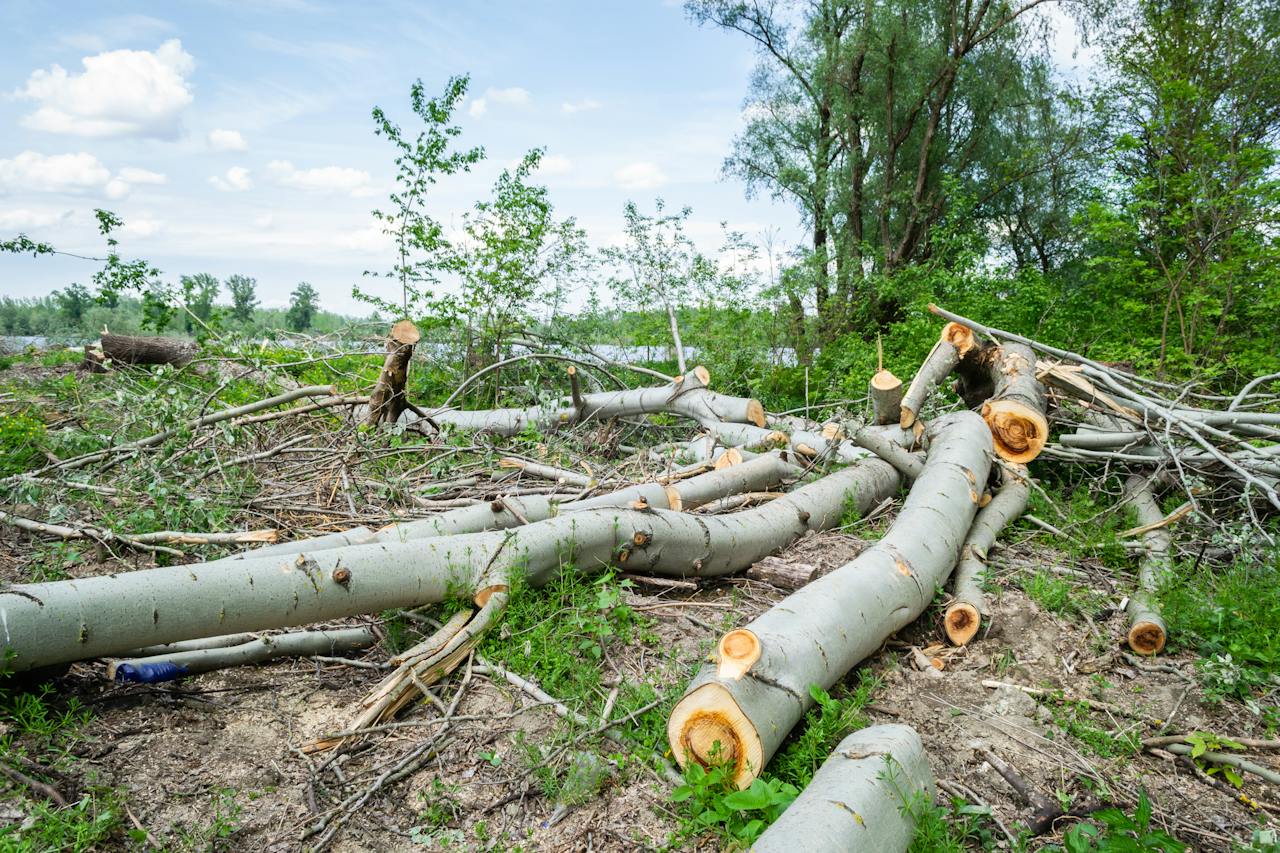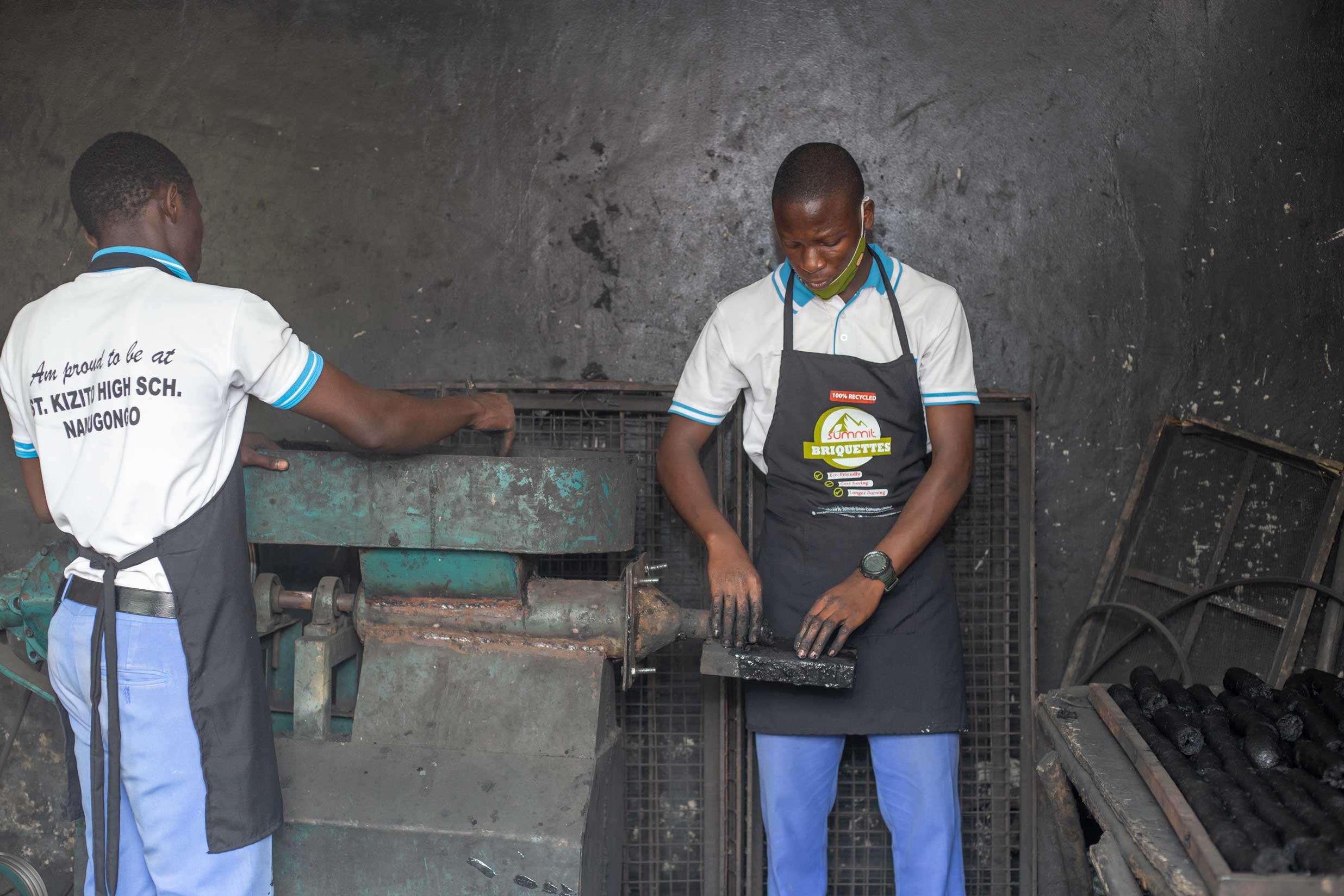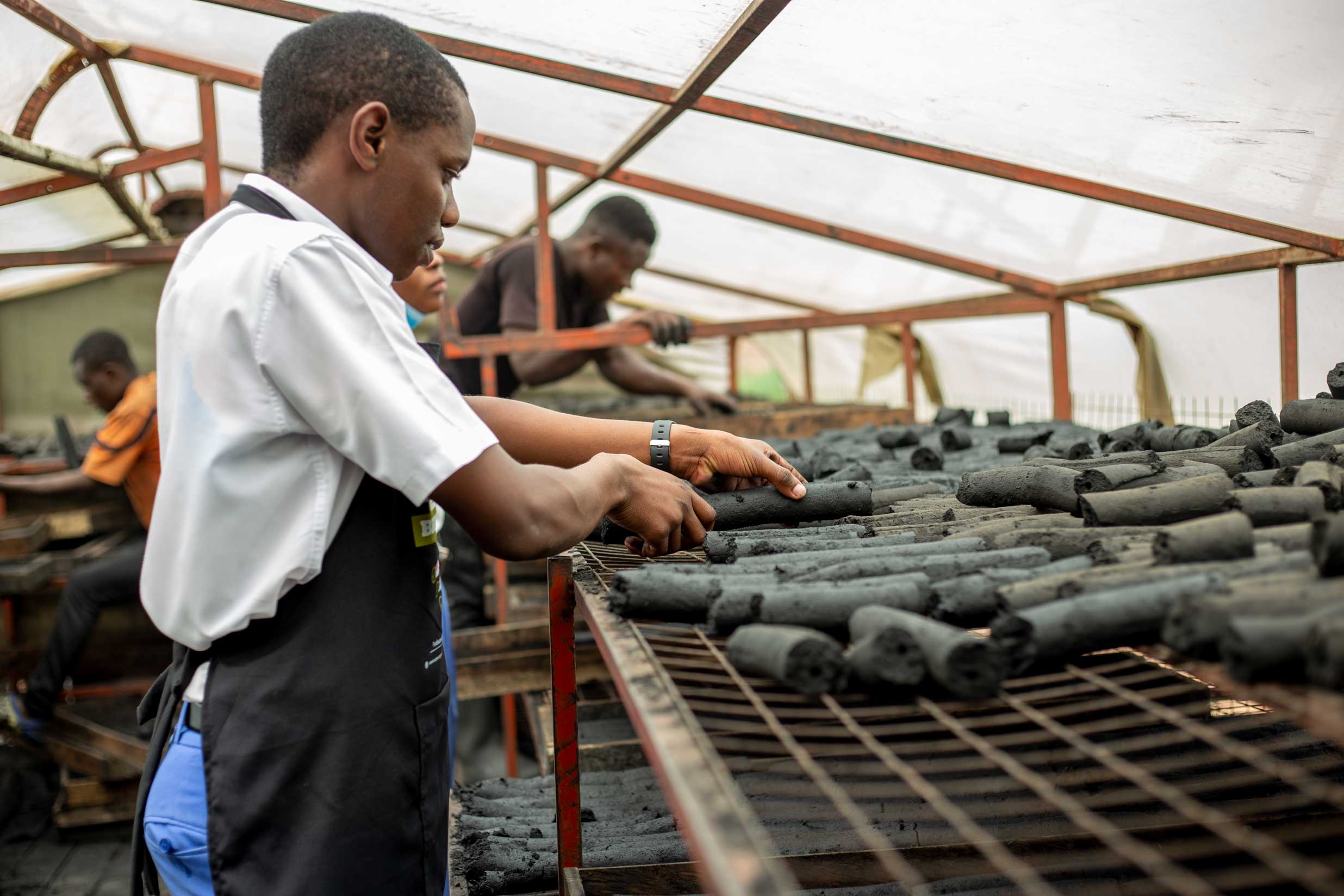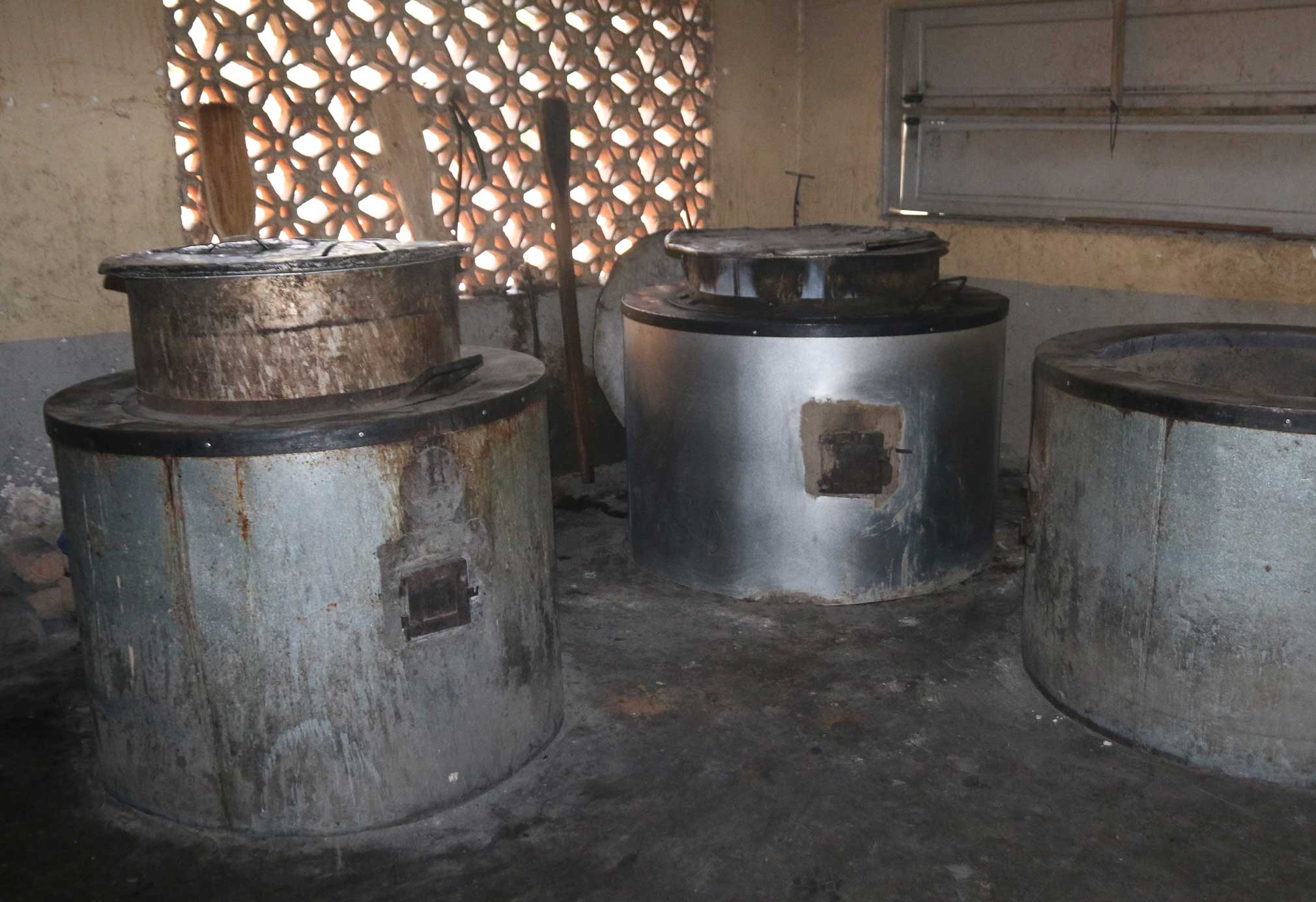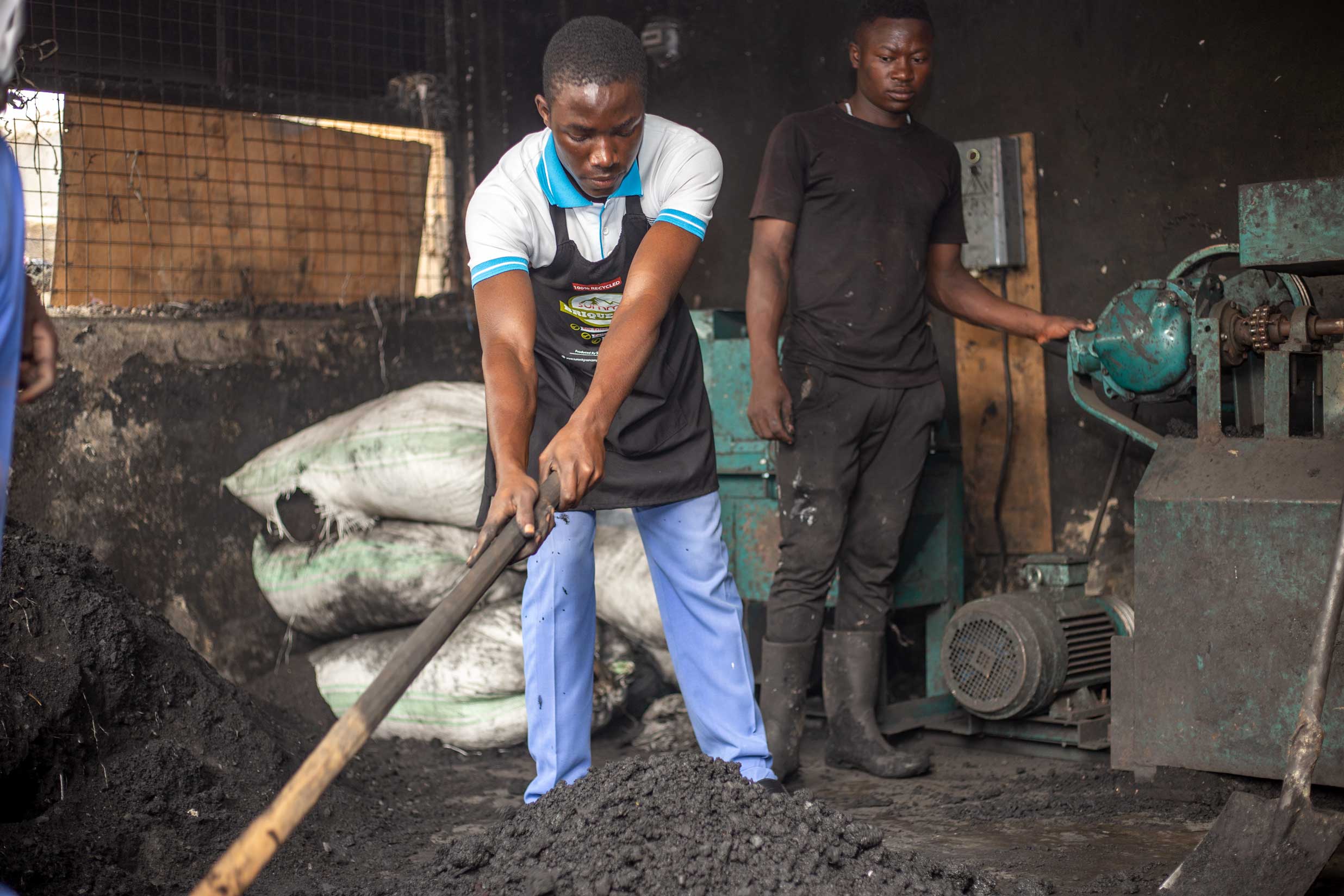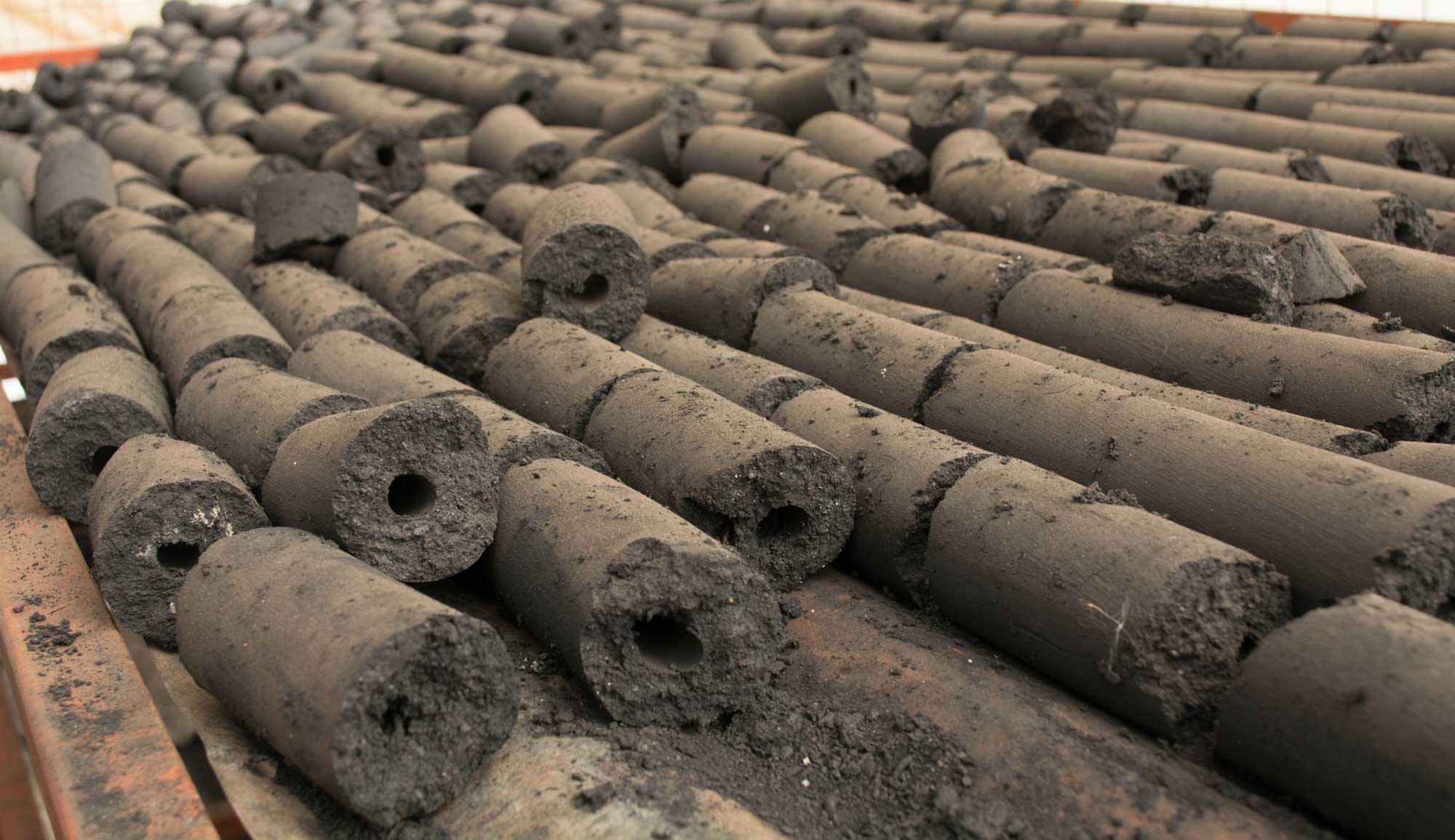Deforestation
problem
Deforestation is a pressing issue in Uganda, due to the excessive demand for firewood, particularly in large institutions like schools, hospitals, prisons, and factories. These rely heavily on firewood for cooking and heating. To put this into perspective, a school with 1,000 students can consume about 30 trucks (equivalent to 7 tons each) of firewood annually. With over 17,500 schools in the country, the collective firewood consumption is a staggering 525,000 trucks (or 3,675,000 tons). The problem extends beyond educational institutions, as firewood is the primary energy source for cooking and heating in prisons, hospitals, factories, bakeries, and numerous other establishments. The rate at which trees are being cut down for firewood and charcoal far exceeds the rate at which new trees are planted, posing a severe threat to Uganda’s forests.
Our Innovation solution
Our school has taken a pioneering step by addressing this formidable challenge. We are the first school in Uganda to prepare meals for over 1,500 students without resorting to firewood. Our groundbreaking solution lies in the utilization of briquettes.
Briquettes are more than just an eco-friendly alternative. They come with a host of advantages.
They are cost-effective, burn longer, are smokeless (which is healthier for cooks), and, most importantly, they play a significant role in preserving our forests.
By imparting practical skills like briquette production, we equip our students with the tools and knowledge they need to make a real impact, both within our school community and in the broader world. We believe in nurturing not just academically proficient students but also responsible, environmentally conscious global citizens.


